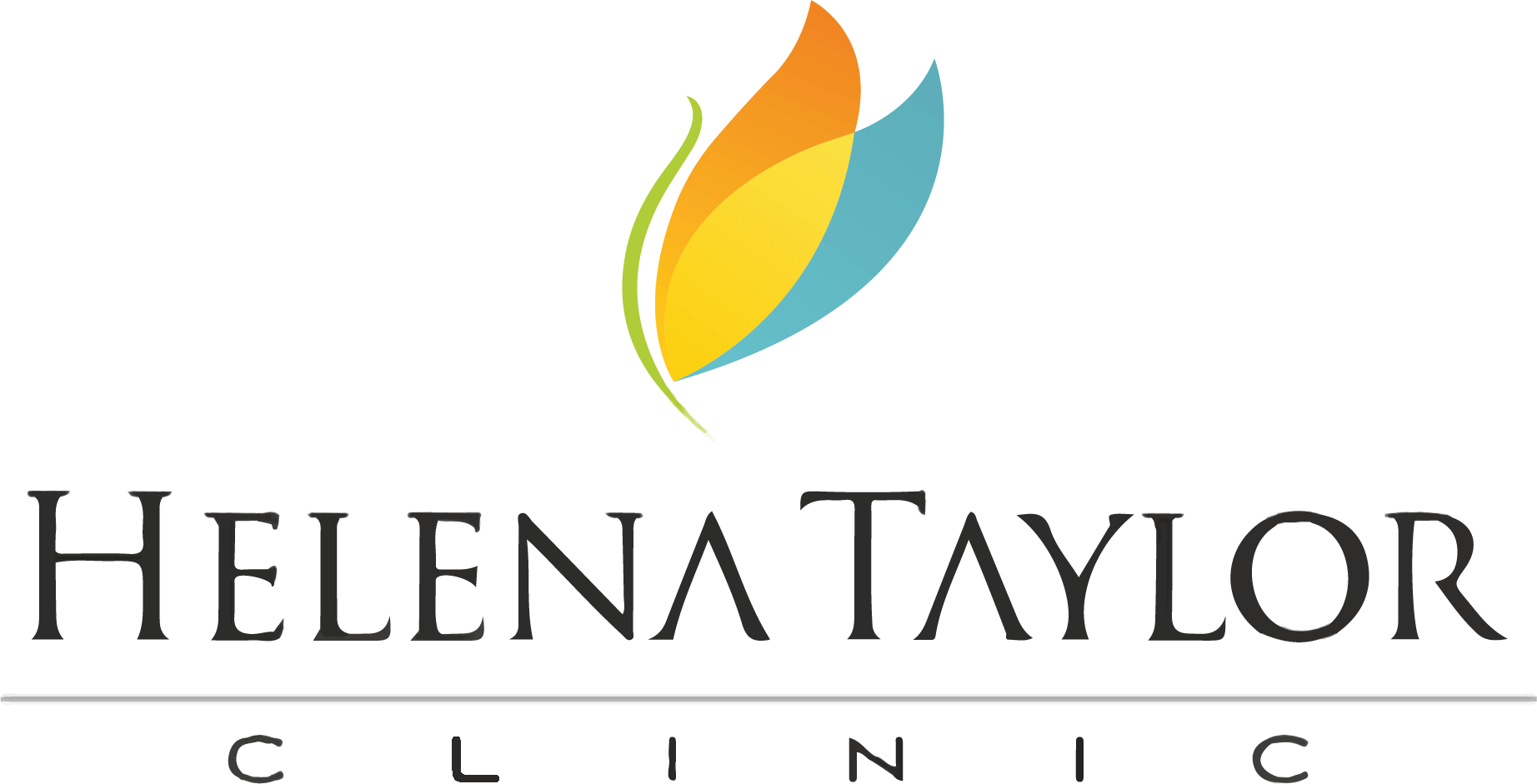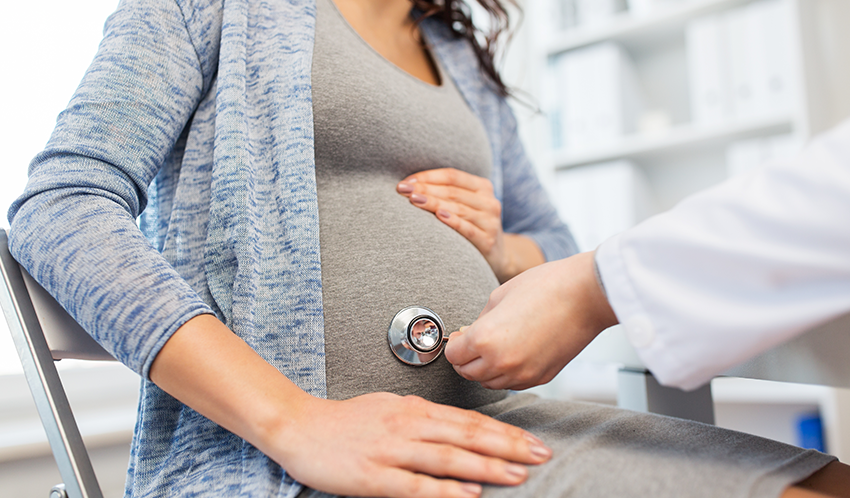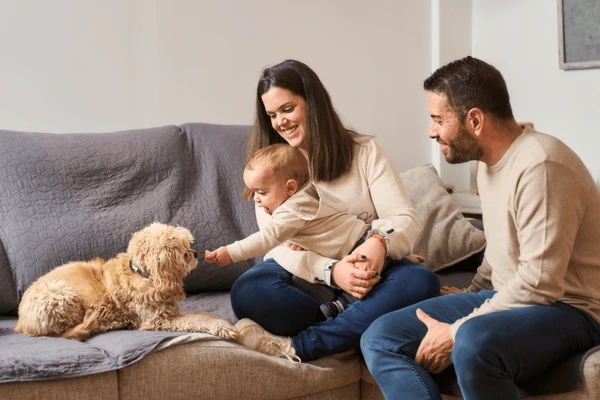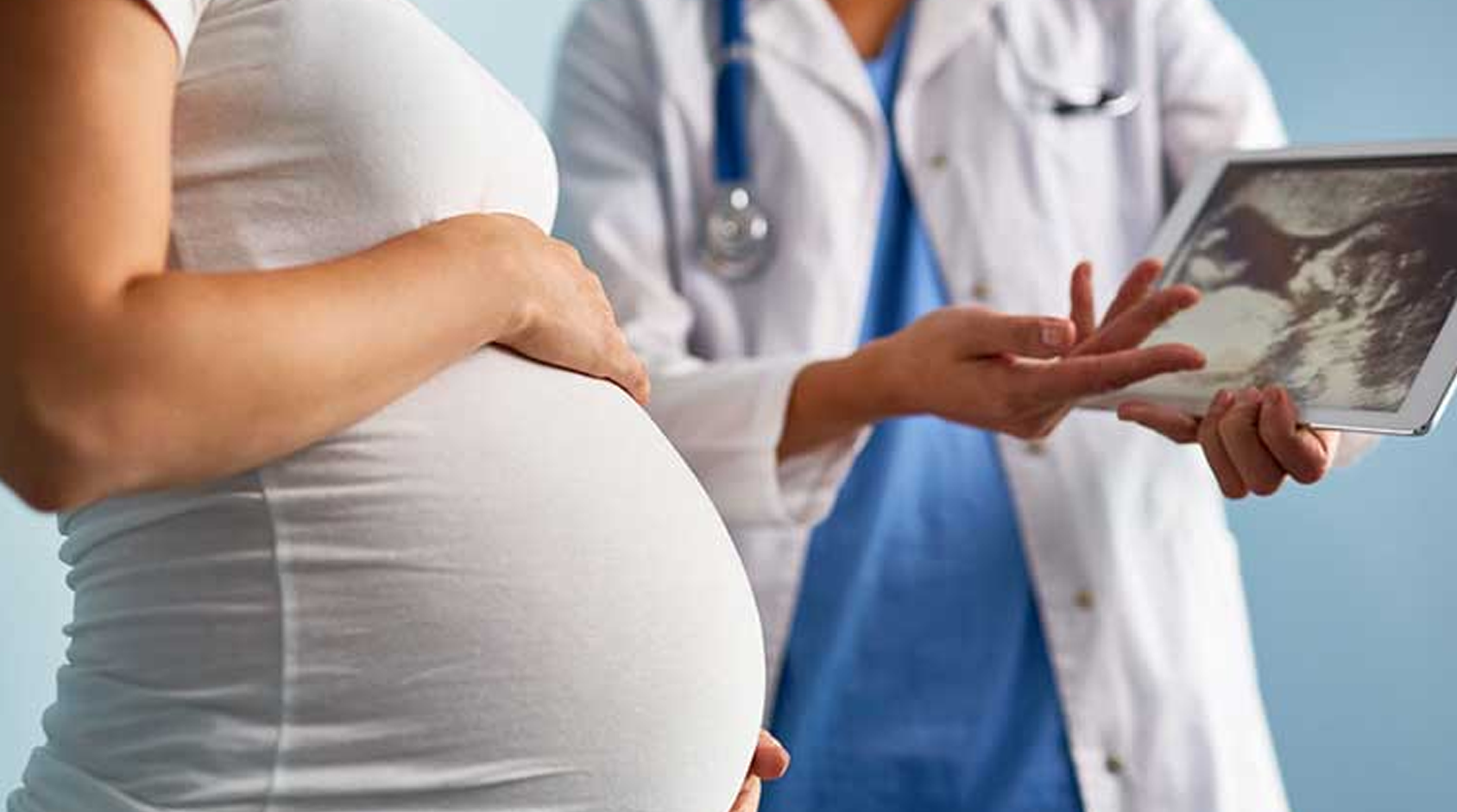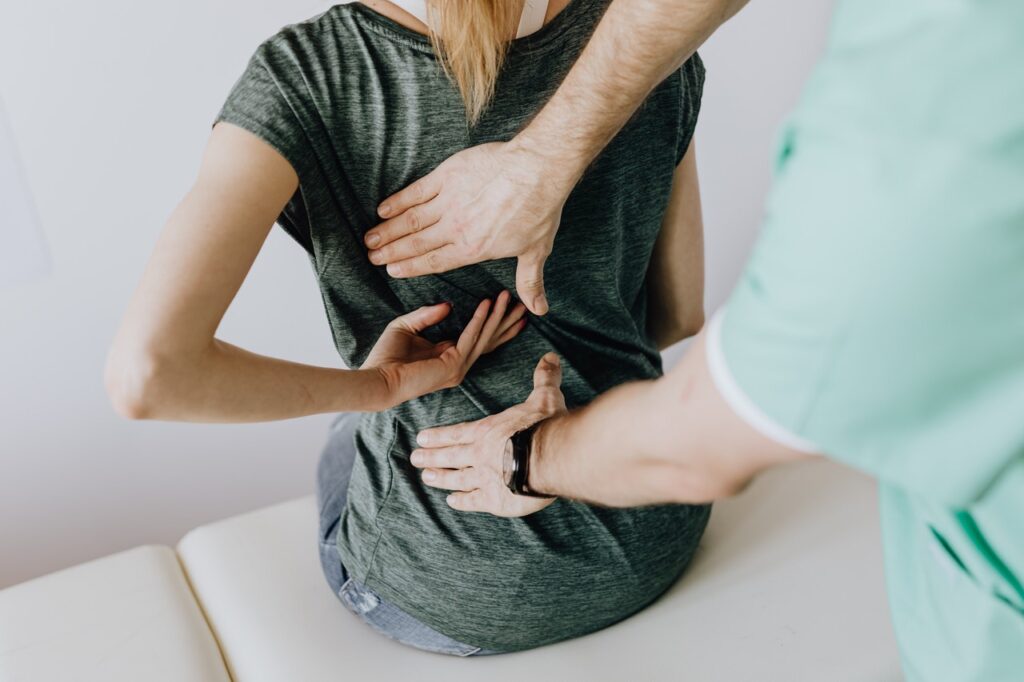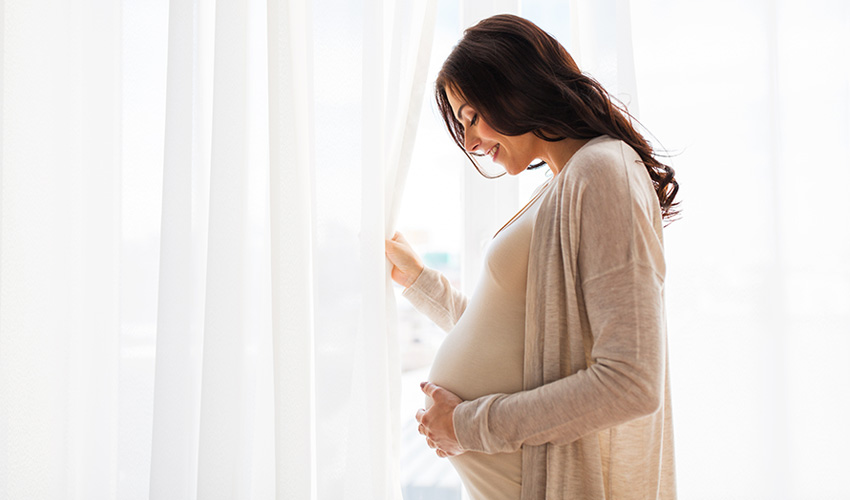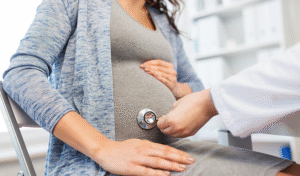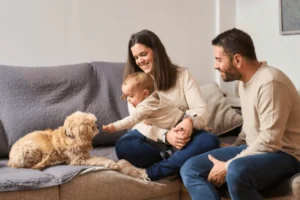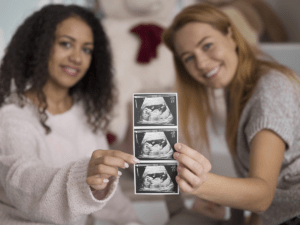Congratulations, new parents! Taking your baby home from the hospital is a momentous occasion and marks the beginning of an exciting and rewarding journey for you and your bundle of joy.
Safe baby travel quick tips
Traveling with a baby can be a wonderful experience, allowing you to create precious memories as a family. However, preparing for safe baby travel is crucial to ensure the well-being of your precious one. From the car ride home to airline travel, there are a variety of important safety considerations to keep in mind. In this essential guide, we’ll provide expert tips and advice to help you navigate the world of safe baby travel so you can focus on enjoying these special moments with your little one.
Travelling with a baby can be daunting, but with the right essentials, it can be a breeze. First and foremost, you should invest in a reliable baby car seat. This is not only essential for taking your baby home from the hospital but also for any future travel. Secondly, ensure you have your baby’s immunisation card, especially if travelling abroad. Finally, a well stocked baby bag is a must to ensure you have all the necessary items for your little one’s comfort. With these essentials, travelling with a baby can be stress-free. Don’t forget the Medications and a consultation with the Paediatrician.
Securely transporting your newborn: essential tips for using a rear facing infant car seat
It’s crucial to have a baby car seat before taking your little one home from the hospital. This isn’t just a legal requirement, it’s also essential for safety. Properly installed and well fitted car seats protect your baby during an accident or sudden stop. Plus, it keeps them secure and comfortable during the ride, so you don’t have to worry about slipping or sliding around in the vehicle.
- Prioritise safety standards: Before leaving the hospital, it’s crucial to have an appropriate rear facing infant car seat installed in your vehicle. Ensure the car seat meets all safety standards and is correctly positioned according to the manufacturer’s instructions.
- A snug and comfortable fit: Take the time to properly adjust the car seat’s harness for your baby’s utmost safety and comfort. The harness should be snug but not overly tight, allowing proper movement and circulation. Position the chest clip at armpit level to ensure maximum protection.
- Double-check fastenings: When buckling up your little one, ensure all straps are securely and correctly fastened. Take a moment to gently tug the straps to confirm they are properly secured, with no loose ends or excessive slack.
- Optimal harness placement: Pay attention to the positioning of the harness on your baby’s body. It should fit snugly against their shoulders and hips, preventing any unnecessary movement during travel. Avoid placing the straps above or below the shoulders to maintain the highest level of security.
- Check for chest clip placement: The chest clip keeps your baby secure. Position it at armpit level, ensuring it rests comfortably and securely on their chest. This helps distribute the forces of a possible impact across the strongest parts of their body.
Protecting your newborn: the importance of an immunization card and precautions for the first 2 months
- The significance of an immunization card: An immunisation card, a vaccination record or immunisation record, is a vital document for your newborn’s health journey. It helps keep track of their vaccinations and ensures they receive the necessary protection against diseases throughout their childhood.
- Maintaining safety before the 2-month immunization: Before your baby receives their 2 month immunisations, take certain precautions to safeguard their health. Avoiding crowded places can help reduce the risk of exposure to harmful germs and viruses.
- Limit contact with others: Minimise contact between your baby and individuals who may unknowingly transmit infections. Specifically, avoid allowing people holding or kissing the baby to come into close contact with their face and hands.
- Protecting the vulnerable: Babies have delicate immune systems, and their faces and hands are particularly susceptible to infection. By taking these precautions, you minimise the risk of potential illnesses and protect your little one during their early months.
- Consistently maintain the immunization card: Keeping track of your baby’s vaccinations is paramount. Make sure to update and maintain their immunisation card regularly, as it will serve as a valuable reference for healthcare providers and ensure your child receives the appropriate vaccines at the recommended intervals.
Expert guidance for safe travel with your child: consulting a paediatrician
- The importance of consulting a paediatrician: When planning to travel with your child, seeking advice from a paediatrician is an excellent decision, especially for international trips or if your child has specific health requirements. Paediatricians can assess your child’s health and provide tailored recommendations for a smooth and safe journey.
- Comprehensive travel safety advice: Paediatricians are well-versed in general travel safety for children, offering valuable advice that covers various modes of transportation, including cars, planes, trains, and more. They can recommend car seat usage, seatbelt protocols, and safe sleeping arrangements to ensure your child’s well-being throughout the journey.
- Prevention of travel-related health issues: Motion sickness and jet lag are common challenges during travel, but paediatricians can offer practical tips to minimise their impact on your child. Their expertise can help you navigate preventive measures, such as medications or simple strategies, to alleviate discomfort and ensure a more enjoyable experience for your little one.
Essentials for your baby bag: ensuring comfort and convenience on-the-go
When preparing your baby bag, it’s essential to pack all the necessary items to keep your little one comfortable and cared for during your outing. Here’s a comprehensive list of essentials to ensure a stress-free and enjoyable experience:
- Clothing and diapering supplies: Pack two sets of clothes for any accidents or spills. Calculate the number of diapers you’ll need based on the outing duration, including extras for unexpected situations. Don’t forget wipes, a diaper change mat, and a plastic bag for easy disposal.
- Feeding essentials: If your baby is over six months old, carry water and some age appropriate food or snacks. For exclusively breastfeeding mothers, nursing covers and bibs can provide privacy and convenience. Breast pads are crucial for added comfort and protection. If pumping, pack a breast pump, charger, bottles, bottle teats, and a cooling bag to store expressed milk. For formula feeding, bring prepared formula measurement containers, bottles, and a thermos with hot water to keep it warm.
- Sun protection: In sunny locations like Dubai, prioritise sun protection. Pack a hat, sunscreen, and sunglasses to shield your baby from harmful UV rays.
- Comfort items: Include a muslin swaddle for warmth or as a makeshift blanket and consider bringing a favourite toy or two for entertainment on the go. Books and music-playing devices can also help keep your little one entertained during your outing.
- Ensuring health and safety: additional essentials for your baby bag
- Medications for common ailments: Including ibuprofen or Panadol in your baby bag is essential. These medications can provide relief from minor fevers or discomfort. Remember to follow the appropriate dosage instructions provided by your paediatrician.
- Thermometer for temperature monitoring: A reliable thermometer is a must-have item for your baby bag. It allows you to monitor your little one’s temperature and detect any signs of fever or illness promptly.
- First aid kit basics: Be prepared for minor injuries by including a basic first aid kit in your baby bag. Stock it with gauze, bandages, and adhesive tape to handle any cuts, scrapes, or bruises that may occur. Additionally, keeping a small bottle of hand sanitiser in your kit ensures proper hygiene when handling wounds.
- Protection against insects: If you’re travelling to an area known for its insect population, pack insect repellent to protect your baby from bites. Additionally, consider carrying an antihistamine in case of allergic reactions to insect bites or stings. Always consult with your paediatrician before using any new medication.
- Specific medication for special health conditions: If your baby has a specific health condition that requires specialised medication, ensure you have it with you. For example, if your child has asthma, remember to carry inhalers to manage potential respiratory issues while on the go.
Conclusion
In conclusion, safe baby travel from the hospital to home and beyond is paramount. As cited from various sources, one essential item for the trip home is a proper child safety seat or car seat, which is required by law in most states. It is crucial always to use approved restraints and safety harnesses when travelling with your baby in a car, highchair, stroller, or pram. Additionally, having your car seat checked by a technician and taking car seat safety courses can further enhance the safety of your baby’s first car ride. By following these essential tips and being well-prepared with the necessary equipment and knowledge, parents can provide a secure and comfortable journey for their precious little one.
References
https://injuryprevention.bmj.com/content/injuryprev/early/2017/12/20/ip.2006.015115ret.full.pdf
The impacts of distance to hospital on families with a child with a chronic condition –PubMed (nih.gov)
TRAVEL TO AND FROM HOSPITAL – Gene People
